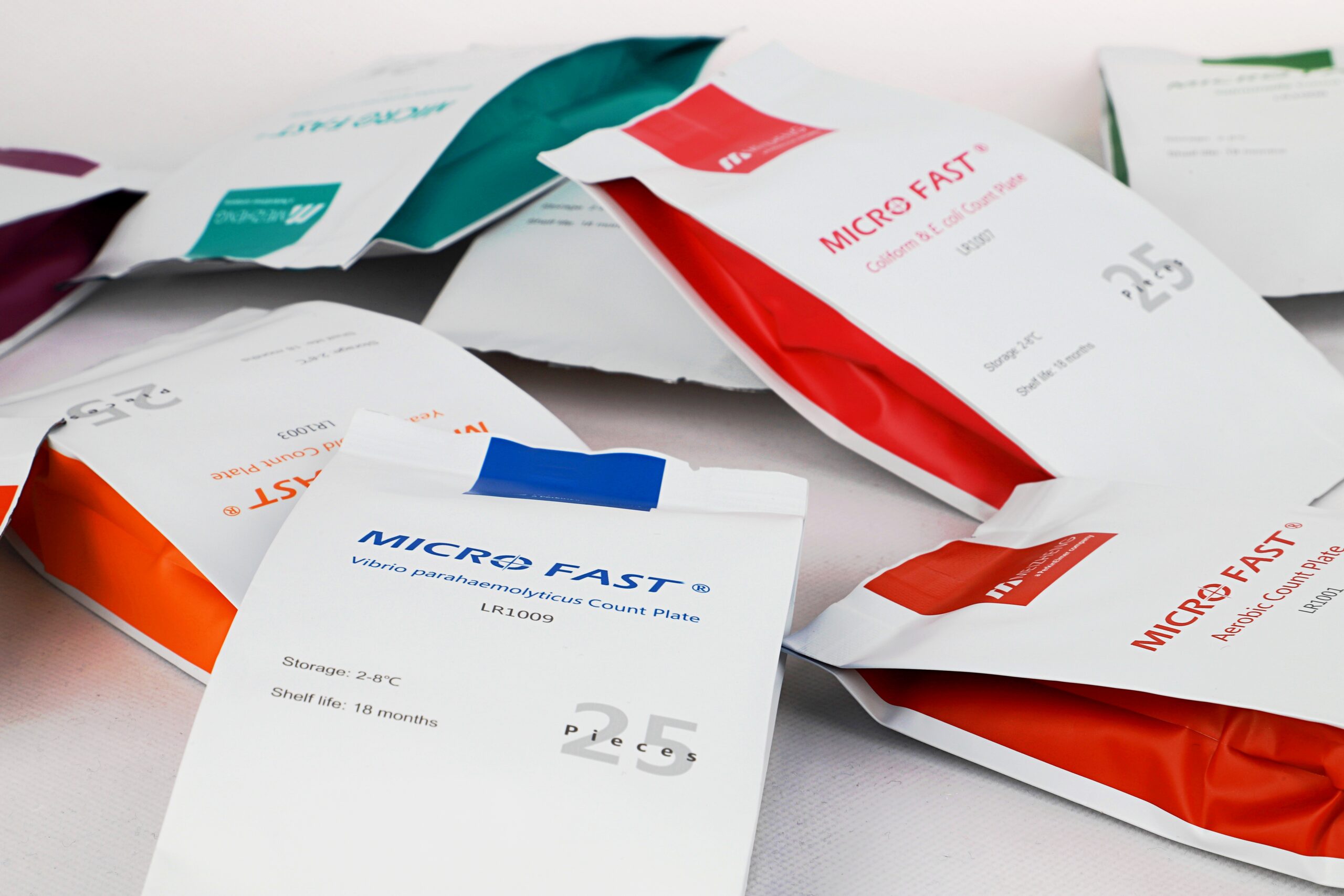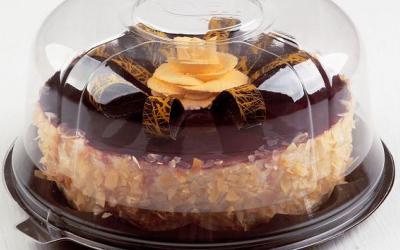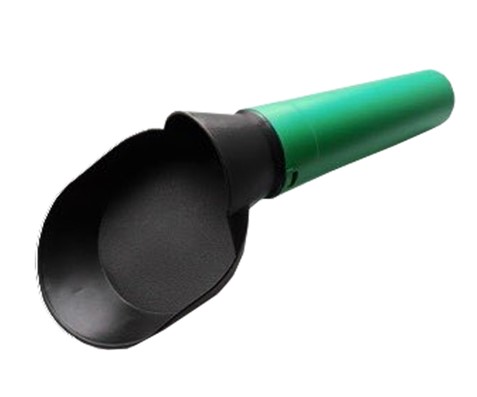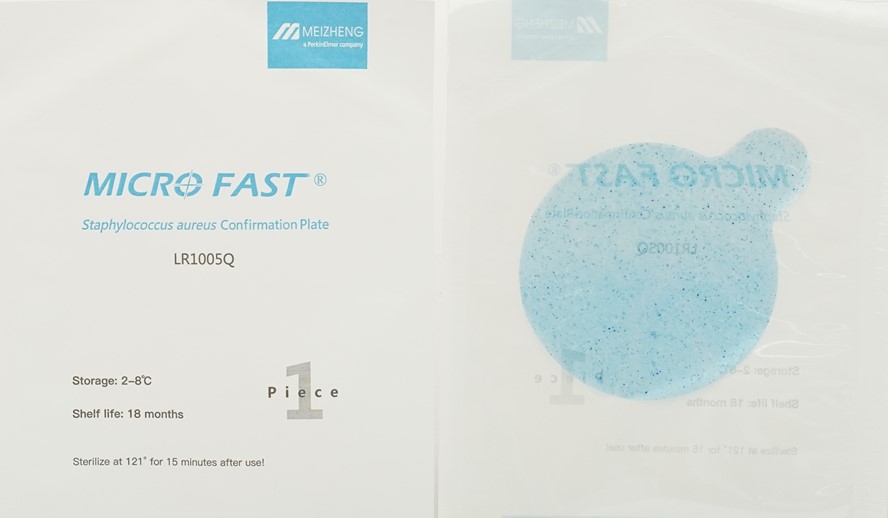Polar Ice Cream and Space Yogurt - New Products from the Institute of Meat and Dairy Industry of the National Academy of Sciences
March 27, MINSK . Research on the isolation, identification and assessment of the biotechnological potential of probiotic cultures, the study of their medical and biological characteristics at the Institute of MEAT and Dairy Industry of the National Academy of Sciences has been underway for over 30 years. One of the latest developments is a dry mix for soft ice cream. When the freezer for its production was presented to polar explorers, neighbors from Antarctic expeditions in other countries began to visit the Belarusian station more often to taste the freshly preparedyogurt orice cream . The DIRECTOR of the institute, candidate of economic sciences Gordey Gusakov told the magazine "Economy of Belarus" an interesting fact .
"The technologies of dry and deep-frozen starters have been developed based on the strains of microorganisms stored in the republican collection," comments Natalia Furik, First Deputy Director of the Institute of Meat and Dairy Industry, PhD in Engineering, Associate Professor. "More than 60 types of starters are used in the production of cottage cheese, fermented MILK drinks, sour cream, soft, semi-hard, hard cheeses and functional products. Close cooperation with specialists from industry enterprises allows us to improve the range of starters, take into account the organoleptic preferences of consumers and participate in the development of new technologies for dairy products. Starters for home-made cottage cheese, yogurt, bio-yogurt, sour milk, and bioproducts are in particular demand among buyers. Even polar explorers liked them. Do-it-yourself starters using dry whole milk and cream were given to participants of the Belarusian Antarctic Expedition, which will diversify their diet in the harsh conditions of Antarctica." The Institute of Meat and Dairy Industry conducts research
on microorganisms not only in Antarctica, but also in space . "We are working with the Institute of Medical and Biological Problems of the Russian Academy of Sciences on the "Proxibiotic" project, the results of which will eventually allow us to supplement the diet of cosmonauts with freshly prepared fermented milk products with probiotics from our collection," said Natalia Zhabanos, scientific director of the target work from Belarus, HEAD of the biotechnology department, candidate of technical sciences, associate professor. According to the head of the program, under space flight conditions, especially if we consider long expeditions, the composition of microorganisms in the gastrointestinal tract of cosmonauts changes, the number of groups of beneficial microorganisms, lacto- and bifidobacteria decreases, which has a negative impact on the functioning of the entire body. As in terrestrial conditions, the composition of the microbiota can be adjusted. Strains of microorganisms isolated and studied in Belarus were used for exposure on the international space station. The space biotechnological experiments on board the Russian segment of the ISS were preceded by extensive preliminary work . The institute's scientists selected 16 strains of lactic acid microorganisms and bifidobacteria, developed combinations of starter cultures, and determined the optimal nutrient media and milk bases for their development.
Belarusian Marina Vasilevskaya, who went to the ISS last year, conducted research on the production of fermented milk product samples with a complex of probiotic cultures, cultivation and storage of lactic acid microorganisms and bifidobacteria strains in space flight conditions.
"The microorganism strains were both lyophilized, i.e. they were dried by dehydrating the frozen material in a vacuum, and in a state of anabiosis in agar nutrient media," Natalia Zhabanos explained. "Thus, we were able to obtain space cultures that grew specifically on the ISS.
The results of post-flight studies of the samples that returned from the ISS became the basis for the creation of the ProxyMilk starter culture technology. Unique combinations based on terrestrial cultures have been developed and dry starters have been created that can be used to prepare bioproducts at home."
"The technologies of dry and deep-frozen starters have been developed based on the strains of microorganisms stored in the republican collection," comments Natalia Furik, First Deputy Director of the Institute of Meat and Dairy Industry, PhD in Engineering, Associate Professor. "More than 60 types of starters are used in the production of cottage cheese, fermented MILK drinks, sour cream, soft, semi-hard, hard cheeses and functional products. Close cooperation with specialists from industry enterprises allows us to improve the range of starters, take into account the organoleptic preferences of consumers and participate in the development of new technologies for dairy products. Starters for home-made cottage cheese, yogurt, bio-yogurt, sour milk, and bioproducts are in particular demand among buyers. Even polar explorers liked them. Do-it-yourself starters using dry whole milk and cream were given to participants of the Belarusian Antarctic Expedition, which will diversify their diet in the harsh conditions of Antarctica." The Institute of Meat and Dairy Industry conducts research
on microorganisms not only in Antarctica, but also in space . "We are working with the Institute of Medical and Biological Problems of the Russian Academy of Sciences on the "Proxibiotic" project, the results of which will eventually allow us to supplement the diet of cosmonauts with freshly prepared fermented milk products with probiotics from our collection," said Natalia Zhabanos, scientific director of the target work from Belarus, HEAD of the biotechnology department, candidate of technical sciences, associate professor. According to the head of the program, under space flight conditions, especially if we consider long expeditions, the composition of microorganisms in the gastrointestinal tract of cosmonauts changes, the number of groups of beneficial microorganisms, lacto- and bifidobacteria decreases, which has a negative impact on the functioning of the entire body. As in terrestrial conditions, the composition of the microbiota can be adjusted. Strains of microorganisms isolated and studied in Belarus were used for exposure on the international space station. The space biotechnological experiments on board the Russian segment of the ISS were preceded by extensive preliminary work . The institute's scientists selected 16 strains of lactic acid microorganisms and bifidobacteria, developed combinations of starter cultures, and determined the optimal nutrient media and milk bases for their development.
Belarusian Marina Vasilevskaya, who went to the ISS last year, conducted research on the production of fermented milk product samples with a complex of probiotic cultures, cultivation and storage of lactic acid microorganisms and bifidobacteria strains in space flight conditions.
"The microorganism strains were both lyophilized, i.e. they were dried by dehydrating the frozen material in a vacuum, and in a state of anabiosis in agar nutrient media," Natalia Zhabanos explained. "Thus, we were able to obtain space cultures that grew specifically on the ISS.
The results of post-flight studies of the samples that returned from the ISS became the basis for the creation of the ProxyMilk starter culture technology. Unique combinations based on terrestrial cultures have been developed and dry starters have been created that can be used to prepare bioproducts at home."




























































